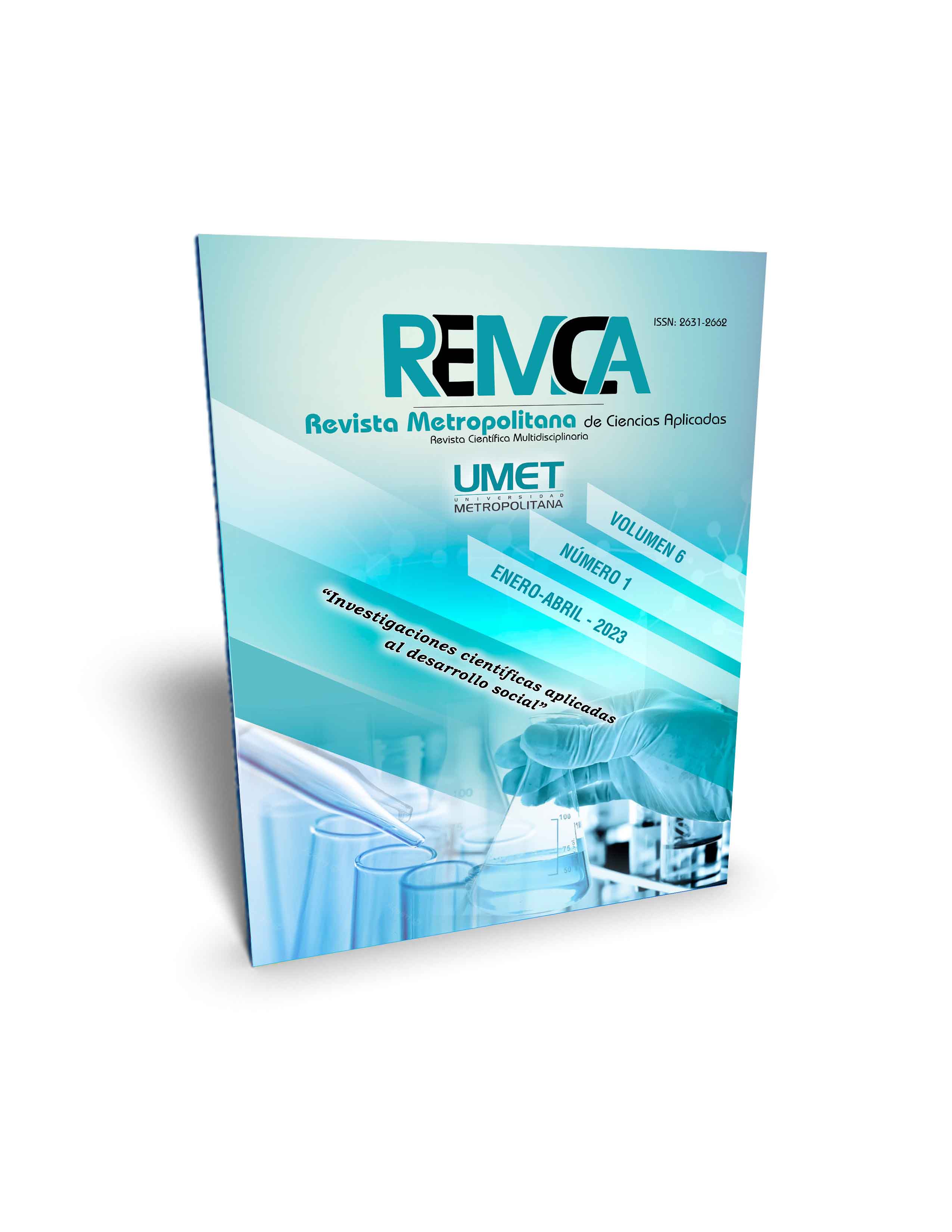Trading standards of the services of the English Language Academy Buckingham English Center of Guayaquil
DOI:
https://doi.org/10.62452/1221fr54Keywords:
Teaching- Learning of English, trading strategy, Cambridge certificationsAbstract
The objective of this work is to determine the main variables that influence the environment of the Buckingham English Center of Guayaquil Academy of Languages. For this endeavor, prospective tools were used to determine marketing strategies. For example, the English language academy Buckingham English Center SA of Guayaquil, carries out a trading strategy to get a leading position step by step, and increase the number of clients/students, whose is to communicate in the English language. As a result, the implemented actions in the trading strategy permit the analysis of the ways that language academies have in Equator for developing the enterprise services through capacitation and certification in language teaching to youngsters and adults.
Downloads
References
Cabero Almenara, J., & Barroso Osuna, J. (2013). La utilización del juicio de experto para la evaluación de TIC: el coeficiente de competencia experta. Bordón. Revista De Pedagogía, 65(2), 25–38.
Chacón, R. M., &Pellegrini, N. C. (2017). El paradigma de la sostenibilidad, un enfoque educativo. Ágora De Heterodoxias, 3(1), 66-83.
Chinchilla-Castillo, A. (2016). Propuesta para el abordaje del estudiante en un sistema a distancia. Ágora De Heterodoxias, 2(1), 104-121.
Díaz, A., & Matamoros, I. (2013). El análisis DAFO y los objetivos estratégicos. Contribuciones a la economía. https://www.eumed.net/ce/2011a/domh.htm
Ecuador. Secretaría Nacional de Planificación y Deasarrollo. (2017). Plan Nacional de desarrollo 2017 2021 Toda una vida. https://www.gob.ec/sites/default/files/regulations/2018-10/Plan%20Nacional%20de%20Desarrollo%20Toda%20Una%20Vida%202017%20-%202021.pdf
Evans, M. (2005). La importancia del idioma inglés como nexo entre culturas. Consensus, 9(10).
García Abreu, L., & Fernández García, S. (2009). Procedimiento de aplicación del trabajo cretivo en grupo de expertos. Enegética, 29(2), 46-50.
Godet, M. (1993). De la anticipación a la acción. Marcombo.
Hagen, S., & Azar, B. (2006). Understanding und using English grammar. Prentice Hall.
Peralta, M., Bello, D., & Hernández, X. (2018). Diagnóstico a través de un sistema de control de procesos aplicado a un laboratorio de calidad en alimentos. Ciencia Administrativa, 4(1), 229-242.
Pérez Porto, J., & Gardey, A. (2010). Definición de comercialización - Qué es, Significado y Concepto. Definicion.de. https://definicion.de/comercializacion/
Phillipson, R. (2002). Lenguas internacionales y derechos humanos internacionales. Esperanto, 37.
Power, C. (2005). Not the Queen ´s English. Cambridge University Press.
Soler González, R. H., Andrade Merino, R., & Oñate Andino, A. (2016). Competencia en la incertidumbre: estudio de caso en docentes de la Facultad de Administración de Empresa. Revista Electrónica. Actualidades Investigativas en Educación", 16(2),1-24.
Villavicencio-Aguilar, C. E., Fernández-Espinosa, C. E., & Jiménez-Idrovo, I. V. (2018). Construcción de la identidad con base en el lenguaje. Ágora De Heterodoxias, 4(1), 25-42.
Downloads
Published
Issue
Section
License
Copyright (c) 2023 Dailit González-Capote, Josué Reinaldo Bonilla-Tenesaca, Rafael Humberto Soler-González (Autor/a)

This work is licensed under a Creative Commons Attribution-NonCommercial-ShareAlike 4.0 International License.
Authors who publish in Revista Metropolitana de Ciencias Aplicadas (REMCA), agree to the following terms:
1. Copyright
Authors retain unrestricted copyright to their work. Authors grant the journal the right of first publication. To this end, they assign the journal non-exclusive exploitation rights (reproduction, distribution, public communication, and transformation). Authors may enter into additional agreements for the non-exclusive distribution of the version of the work published in the journal, provided that acknowledgment of its initial publication in this journal is given.
© The authors.
2. License
The articles are published in the journal under the Creative Commons Attribution-NonCommercial-ShareAlike 4.0 International License (CC BY-NC-SA 4.0). The terms can be found at: https://creativecommons.org/licenses/by-nc-sa/4.0/deed.en
This license allows:
- Sharing: Copying and redistributing the material in any medium or format.
- Adapting: Remixing, transforming, and building upon the material.
Under the following terms:
- Attribution: You must give appropriate credit, provide a link to the license, and indicate if any changes were made. You may do this in any reasonable manner, but not in any way that suggests the licensor endorses or sponsors your use.
- NonCommercial: You may not use the material for commercial purposes.
- ShareAlike: If you remix, transform, or build upon the material, you must distribute your creation under the same license as the original work.
There are no additional restrictions. You may not apply legal terms or technological measures that legally restrict others from doing anything the license permits.




